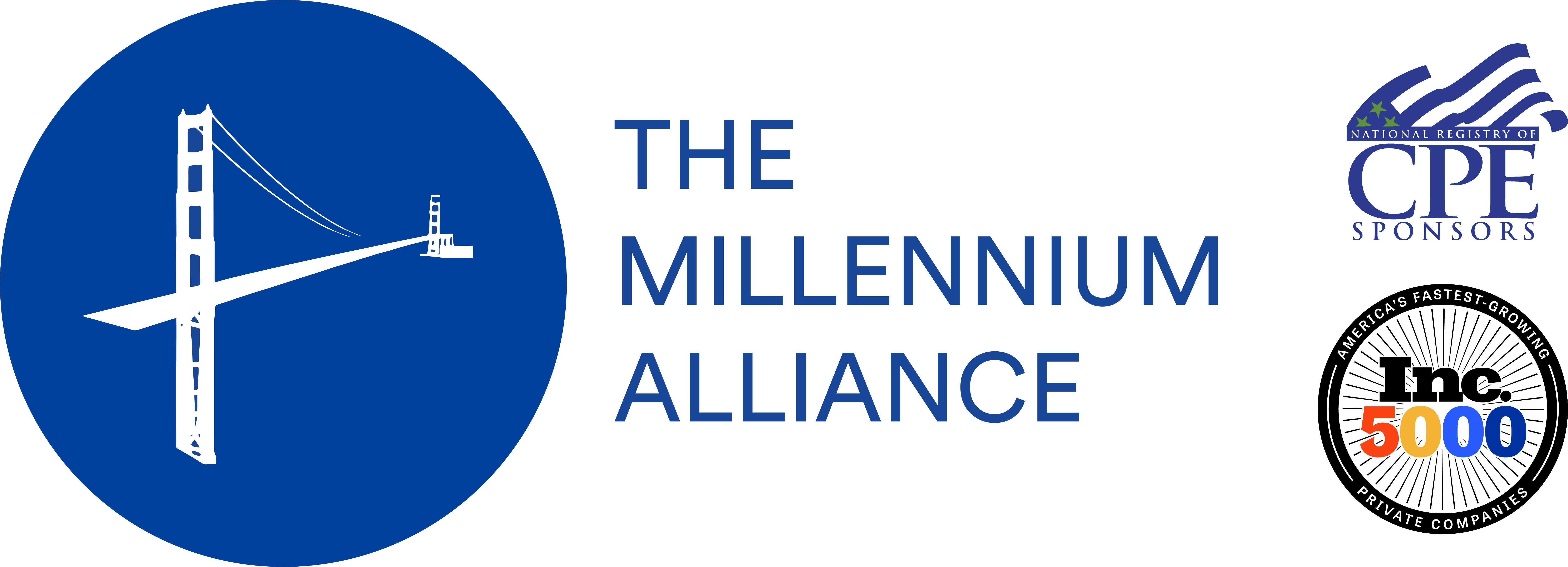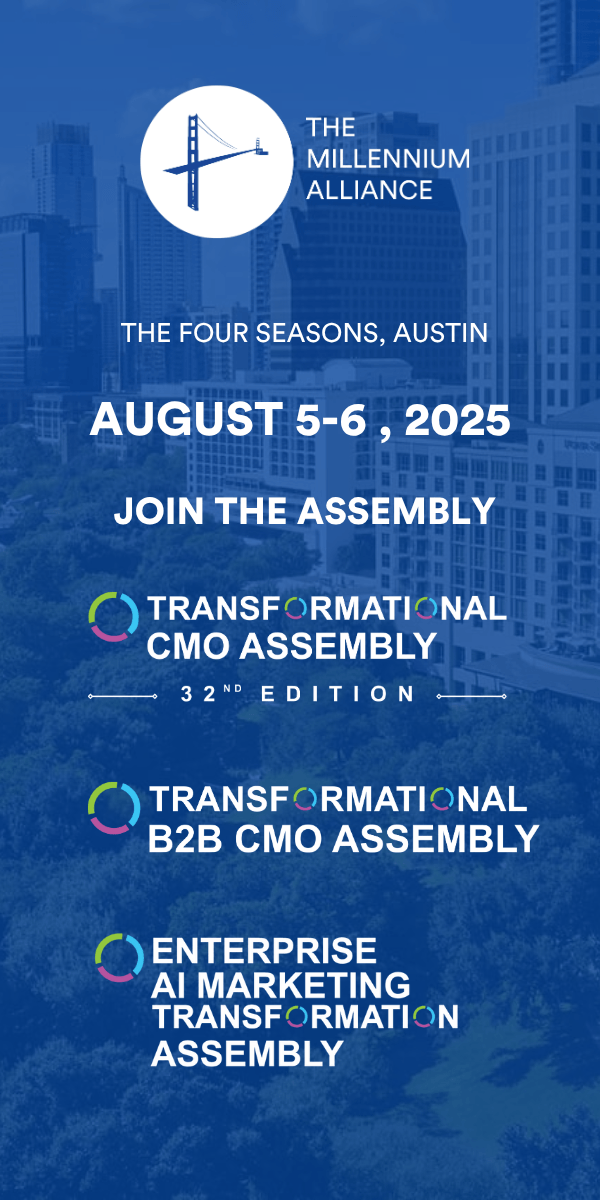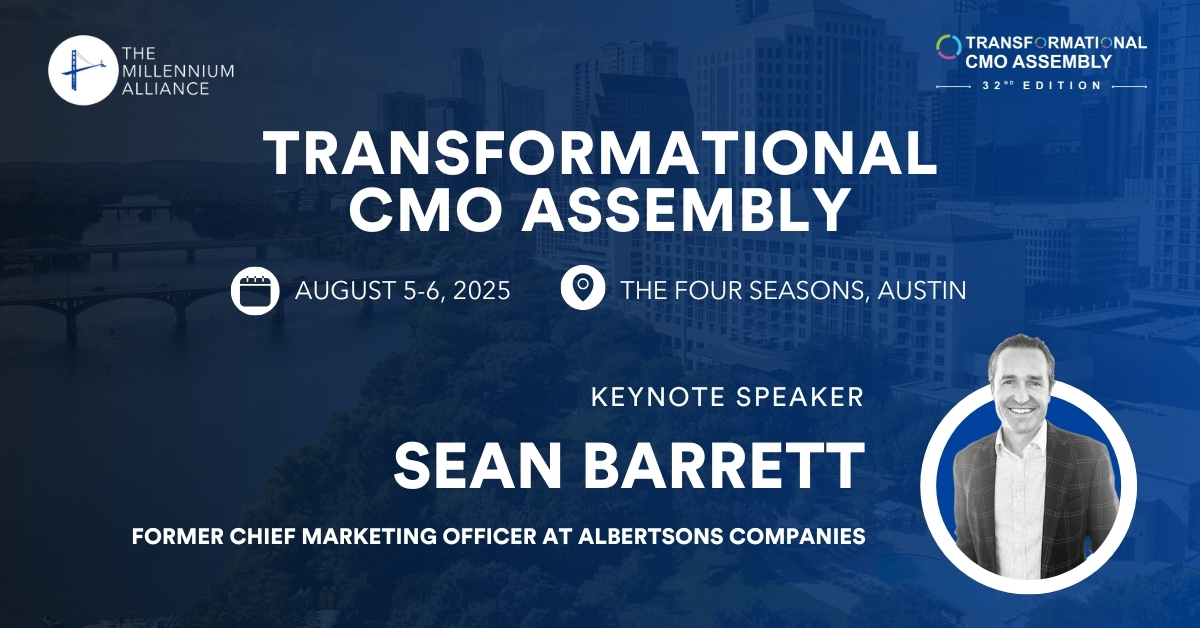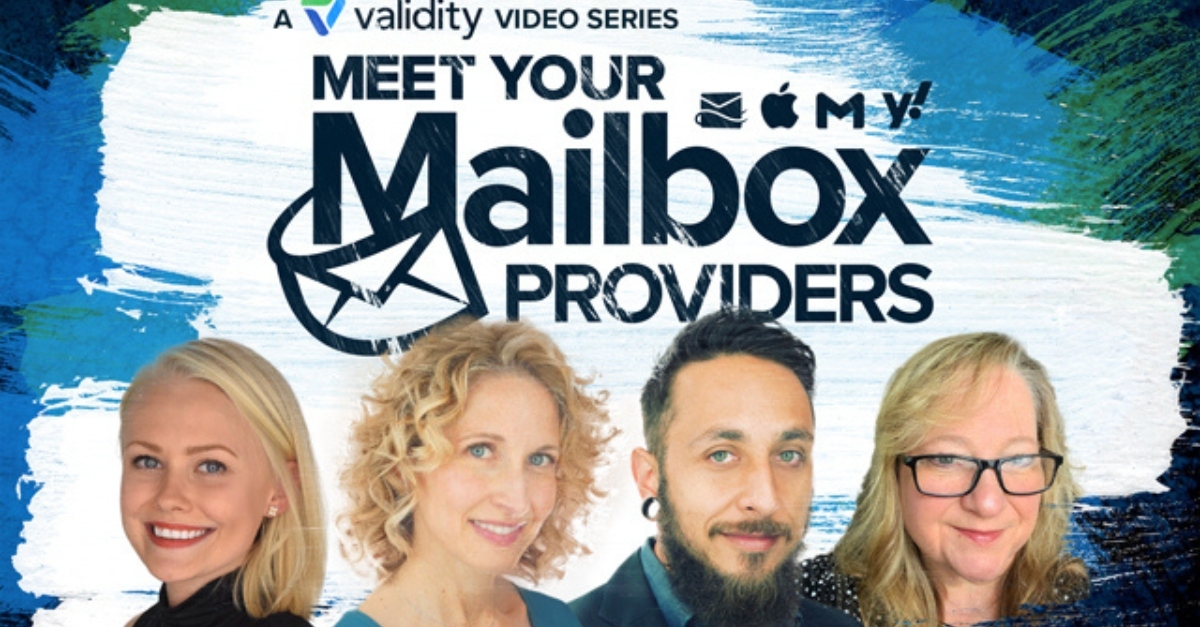As originally published by David Sable on Linkedin. Subscribe to the newsletter!
His name was Captain Charles Boycott and his last name infamously entered the English language in 1880, guaranteeing him infamy for perpetuity.
You see, the Captain enforced an equally infamous decree against poor Irish tenants of an absentee landlord. Rather than resort to violence, Charles’ subjects opted for a different route of rebellion—ostracization. Farmers refused to work the fields to bring in the harvest or took care of his house. Local businesses refused his custom. He received no mail. He became isolated.
To counter the consequences of the town’s ostracization of him, Charles brought in outsiders to harvest the crops, but the cost of protecting his new workers was more than the harvest was worth. He was, plain and simple, a persona non grata.
Soon his name was used everywhere in the global press to connote, “organized isolation,” and the notion of the modern-day Boycott was born.
As we all know, the meaning and far-reaching effects of the boycott has adopted a deeper and broader meaning since its nascency.
Wikipedia defines it as the following: “A boycott is an act of voluntary and intentional abstention from using, buying, or dealing with a person, organization, or country, as an expression of protest, usually for moral, social, political or environmental reasons. The purpose of a boycott is to inflict economic loss on the target, or to indicate a moral outrage, to try to compel the target to alter an objectionable behavior.”
As I write this, hundreds of companies around the world have temporarily suspended their advertising on Facebook, with many signing on, officially, to an organized Boycott platform called, “Stop Hate For Profit,” that was launched just a few weeks ago by a coalition of organizations including the ADL, NAACP, National Hispanic Media Coalition, Common Sense, Color of Change, LULC and Sleeping Giants.
According to a communique from ADL there has been, “A groundswell of support to address hate, racism and misinformation on Facebook. Over 240 companies ranging from Unilever to Verizon to Hershey’s have joined Stop Hate for Profit and over 700 companies have agreed to pause Facebook advertising until the company takes bold and concrete steps to remove a wide range of hateful content from its various platforms.”
Remember, “The purpose of a boycott is to inflict some economic loss on the target, or to indicate a moral outrage, to try to compel the target to alter an objectionable behavior.”
Facebook must be panicked. Zuckerberg must be in meltdown, worrying about the future of the platform, the bad PR, his shrinking fortune, his reputation…no?
According to MarketWatch and other sources, based on reports citing transcripts of employee meetings, Zuckerberg has been quoted as saying:
“My guess is that all these advertisers will be back on the platform soon enough.” And, “We’re not gonna change our policies or approach on anything because of a threat to a small percent of our revenue, or to any percent of our revenue.”
Wait!!!
“The purpose of a boycott is to inflict some economic loss on the target, or to indicate a moral outrage, to try to compel the target to alter an objectionable behavior”
Is he not worried about all that moral rage? What about the economic loss? Clearly, he is not feeling compelled.
And here is where the story starts to fall apart and where, no doubt, Captain Charles is looking down (or up) with deep envy.
Let me be clear, I have long been troubled and have written openly about the dark side of social media. The devil’s deal we all make with it to see our friends, renew old relationships, share our pictures and posts, and occasionally rave about what we love and rant about what we hate.
Needless to say, the inordinate amount of profit being made, for some, and the almost unconscionable power that has been created is also troubling, but frankly it’s a product of our times and the world we live in.
While I salute the ADL and their partners who have taken on this Sisyphean task, my fear is that neither they nor most of us really understand the inner workings of Facebook or the cynicism of some of the corporations that have signed onto this boycott.
To begin with, there are over 8 million companies/entities advertising on Facebook, and my bet is that while you don’t know their companies names, you see their advertising…mostly direct offers…way more than you do any of the big corporations who have signed on to the Stop The Hate For Profit boycott.
And, while most of us assume that the big names must represent the big bucks, nothing could be farther from the truth on Facebook. According to CNN, “Even if all 100 of Facebook’s biggest advertisers joined in, they would account for just 6% of the company’s annual ad revenue,” and most of the 100 have not joined or committed to the boycott.
More importantly, the small and medium sized advertisers, that depend on Facebook for their very lives are not joining—and they represent the bulk of Facebooks advertising revenue.
Bottom line? It would seem that Facebook’s economic ruin is not on the horizon—a particular and important pressure point for success, according to the Boycott Bible.
What about moral outrage—the other powerful pain point—surely that is clear to all, as various news sources track the latest participants, and report with glee about the downfall of the Facebook empire?
Jack Shafer, in Politico, has presented a cogent argument entitled, “How the Facebook Boycott Could Just Make Facebook Stronger.” In it, he wonders how it could be that these companies needed a clarion call, in the early summer of 2020 to wake up to the fact that, “Facebook teems with cruel and backward content and wants that nastiness to end.”
Shafer posits that of course they all knew but that #stophatredforprofit “affords CEOs a chance to claim a higher moral standing in the publics eyes at a very, very low price.”
He continues to assert, “No large company is going to suffer economically by eliminating Facebook advertising:
1. During a historically slow sales month
2. Which is also happening during a recession
3. And also coincided with the low spending period of semi-quarantine
Asking a corporation to boycott Facebook in July 2020 is a little like asking a casual drinker to observe Lent by giving up alcohol in a dry county.”
And not to be too cynical (a task in itself these days), a number of the major advertisers who have joined the movement are, themselves, often targets of boycotts. It makes you wonder about glass houses and the old adage that the best defense is a strong offense.
That got me thinking…
Where are the people in all of this? Where are the people who are often themselves boycotting these very boycotters, and who should themselves be repudiating Facebook? Where are the real users of Facebook? Where are the enraged masses that gave Captain Charles Boycott immortality, of sorts, and who are what, in fact, gave most successful, historical boycotts success?
Look at them all: Gandhi, Dr. King, Nelson Mandela and others…it was never the act of holding back advertising that made a dent—it was the people!
And here is the truth: Most don’t seem to care. Some will raise a toast to the boycotters, post about it for a few days, and then forget all about it…even as the fake news and hatred and other vile content swirls around them. Worse still, others will never even notice it at all.
The real problem is that we let the genie out of the lamp a long time ago. Investor frenzy drove Facebook’s growth, and many of us find it to be a useful, even important, utility—a way to connect, to share, to remember, and, at its best, to uncover new ideas and learn.
We call Facebook and the other social engines like them, “Tech Giants,” and not media companies, so that they’re not subject to appropriate regulation. They are technically following the law, and even hiding behind it, on occasion, in terms of free speech.
Their algorithms for detecting and eliminating hate speech are mostly useless and the hordes of people they have hired to comb through the platform cannot possibly keep up—and they are already deleting almost as many fake accounts as there are people in the world.
The dilemma then is that this boycott is not a real boycott, despite the earnestness of its organizers, in spite of the corporations who have jumped on the bandwagon, simply and powerfully because only people can boycott. And people in this boycott are nowhere to be found.
So, what are we to do?
For nearly two years, I have been writing that we were entering the worst year in our history. Fake news, incitement, hatred, all being spread by social media, have and will continue to make our environment toxic. And, tragically, the worst is yet to come.
What can we do? Clearly, someone can delete all of their social media accounts. (In full transparency, I have no plans to.) We can pressure more advertisers to join in boycotting. We can advocate for serious legislation and regulation, with teeth, and we can use the platform to better ourselves, to educate friends and family, and choose to never share or engage with the bad.
We can do all of the above or none of it. Personally, I believe in regulation and the power of the user. Don’t look for salvation from Facebook. It wasn’t created to save the world, despite its lofty origin myth.
Let me end, as I do, with a quote that I think brings it all together…listen:
“It is incumbent on the media industry to discourage the glorification of media violence. It. Is also incumbent on consumers who love America to support this effort with selective patronage campaigns to encourage media that provides uplifting content and to boycott the worst offenders, if necessary.” –Bernice King
Those of us in the advertising industry pontificate a lot about purposeful companies…that people will pay more to buy from them and will actively avoid those that aren’t. We all buy from Amazon. We all rode Uber and flew United. All have had boycotts called against them…how’d that go?
So, maybe we add a new movement name to compliment the legacy of the original Boycott.
Boycotts are about users and customers pressuring companies to change policy. Now we have a Zuck—companies that just don’t care because their utility and price are more important to us than the principal.
Nelson Mandela said that boycotts are not principals, but simply tactics to achieve the bigger goal of changing the world. We have made the boycott the principle, while companies have made the Zuck the tactic. We are losing.
What do you think?














